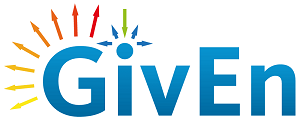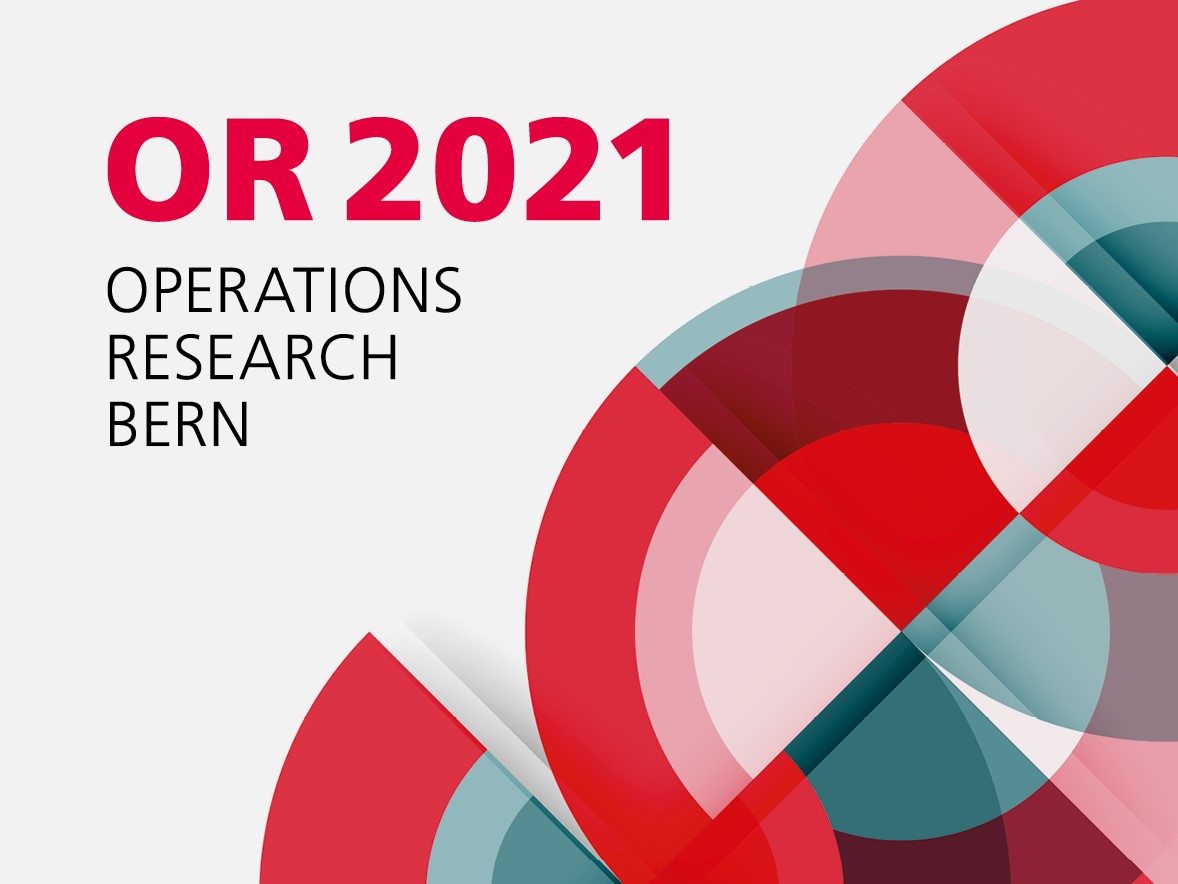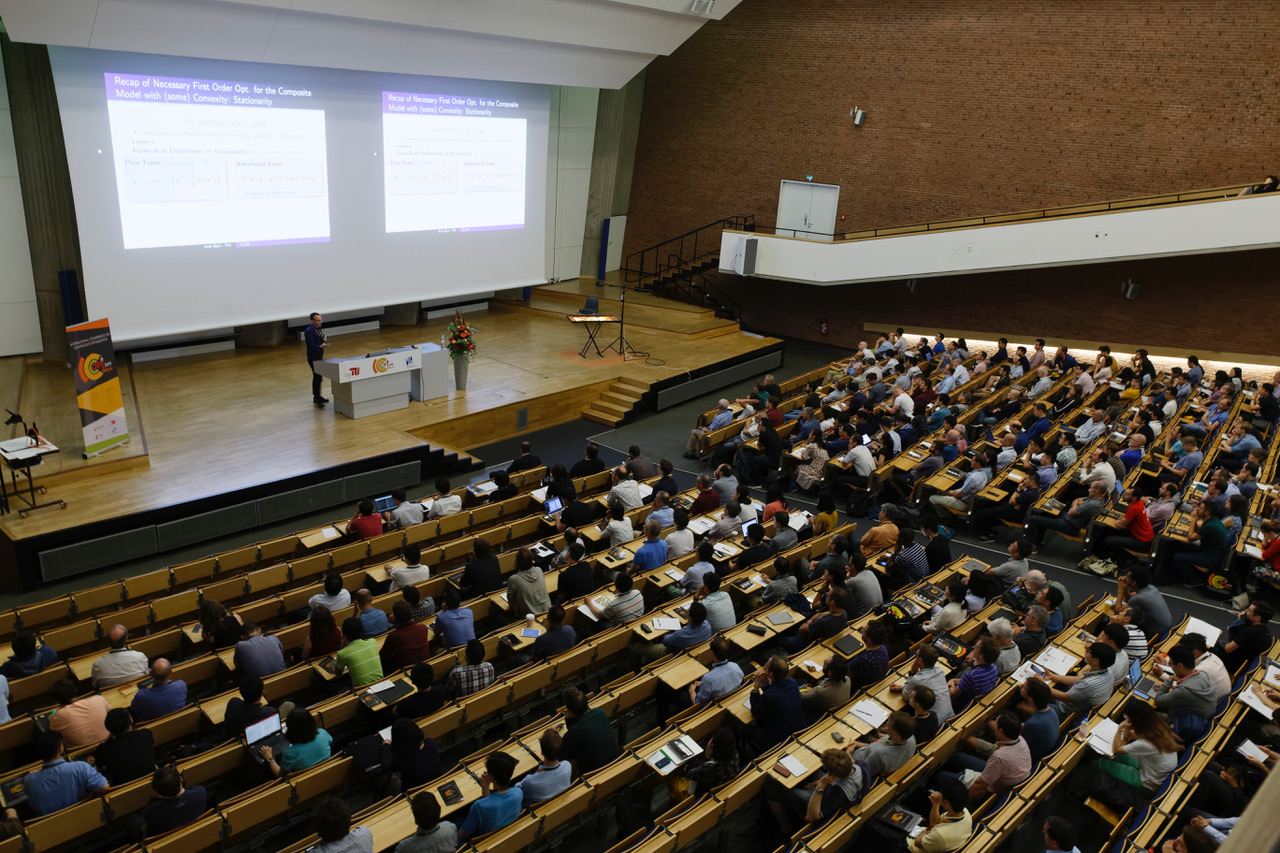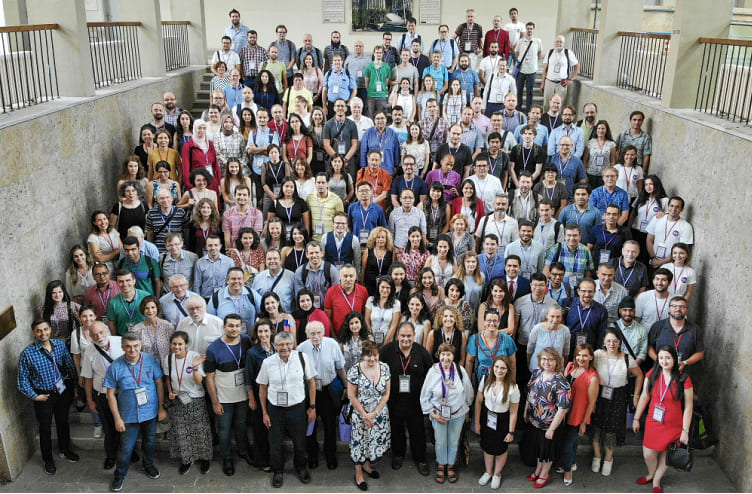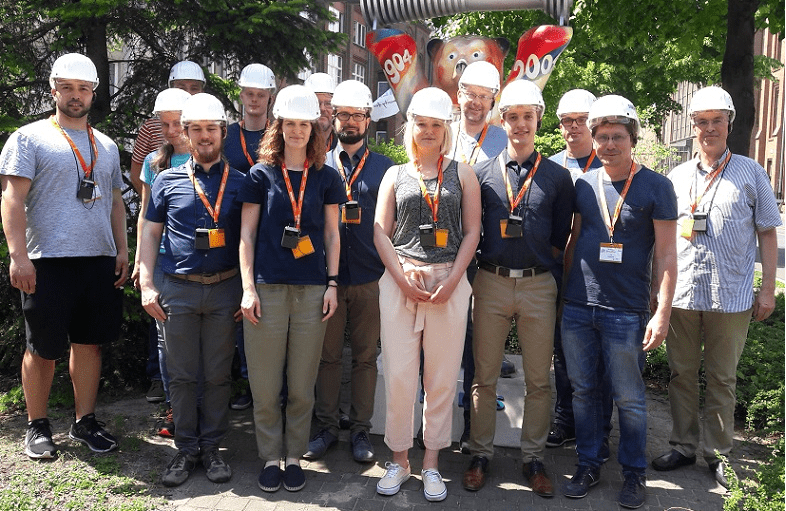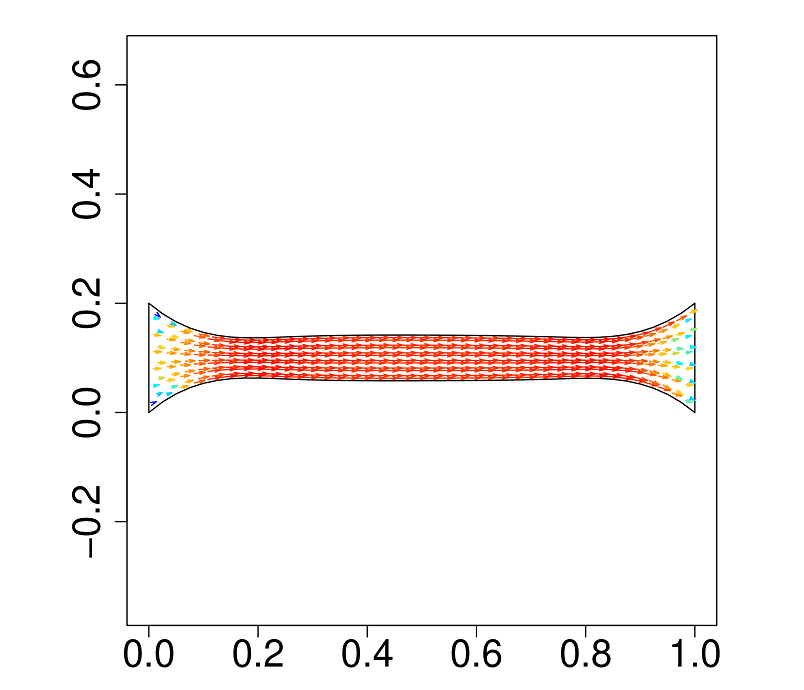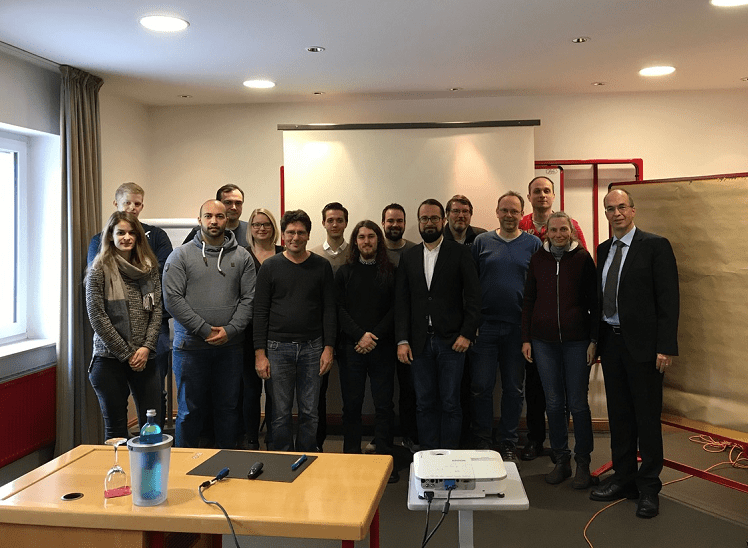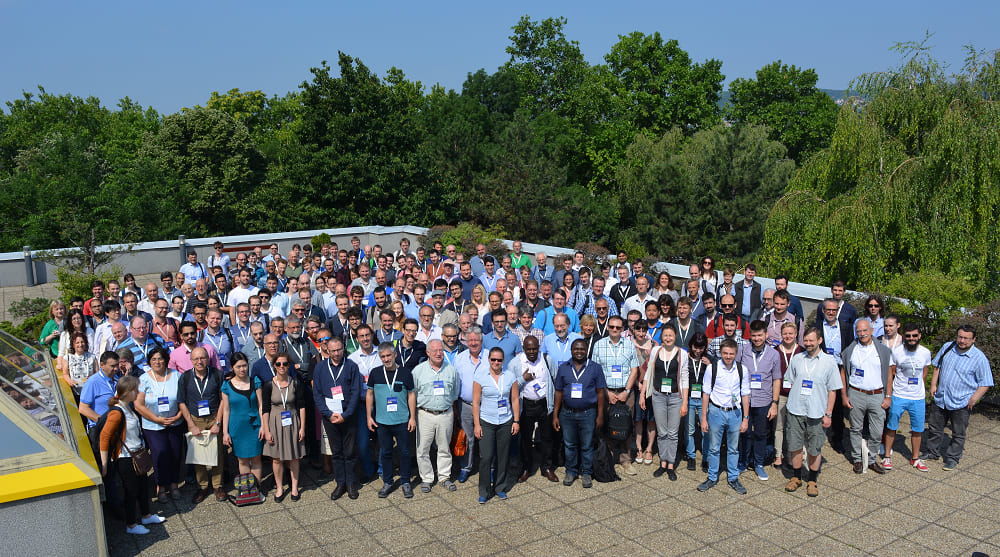
Exciting progress on the theory of shape optimization has been made by the research group in Trier University. Daniel Luft and Volker Schulz developed a new approach to address the handling of mesh quality and the optimization of shapes in a unified framework. These so-called pre-shapes extend classical shape space approaches, and permit the formulation of regularizers for general shape optimization problems. With a suitable pre-shape calculus, free form deformations for mesh morphing based shape optimization routines can be regularized in such a way, that the occurring mesh iterates are stabilized in their structured. The user can specify his or her desired mesh quality and adaptation, perhaps depending on the actual problem, and harness the pre-shape regularization at minimal additional numerical cost.
The image above shows the starting mesh with a circular initial shape for an exemplary tracking type shape optimization problem, where the target shape is also depicted. As a working example, the pre-shape regularization is used to enforce uniformity of the computational mesh during the gradient descent while solving the shape optimization problem.

Next, we see the resulting final meshes for the unregularized routine, which highlights significant deformation of the mesh. Espescially the upper tip of the final shape suffers from compression of neighboring cells, making numerical computations instable.

The last image is the final mesh of the routine with additional pre-shape regularization. The cell volumes are more uniform, and the severe compression of cells close to the vicinity of the shape is mitigated.
.png)
